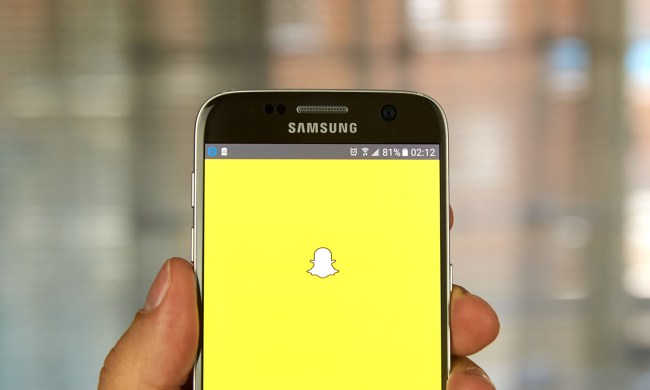Usually, we’d all know by know which Democratic presidential candidate won Monday’s Iowa caucus. However, a new app that was used is causing significant delays in the final counts, and we still don’t know who won one of the first critical elections of the primary season.
The use of a new app was meant to make counting easier this year, but its proving to do the exact opposite. We’re now at least 13 hours past when we should have known who won the Iowa caucus and are still left with more questions than answers.

What happened after the Iowa caucuses?
Caucus workers reported that they couldn’t get the app to work and that some workers even initially forgot to download the app ahead of time. Instead, caucus workers had to turn to call in their results to the state party headquarters in Des Moines.
Iowa Democratic Party chair Troy Price said in a statement that the issue with the app was due to coding.
“As part of our investigation, we determined with certainty that the underlying data collected via the app was sound. While the app was recording data accurately, it was reporting out only partial data. We have determined that this was due to a coding issue in the reporting system,” Price said. “This issue was identified and fixed. The application’s reporting issue did not impact the ability of precinct chairs to report data accurately.”
NEW from Iowa Democratic Party Chair Troy Price: “While our plan is to release results as soon as possible today, our ultimate goal is to ensure that the integrity and accuracy of the process continues to be upheld.” pic.twitter.com/ogXakCt7f4
— Sabrina Siddiqui (@SabrinaSiddiqui) February 4, 2020
Because of all the issues, Price said that caucus workers are double-checking their numbers to ensure accuracy before reporting final results. Price has reportedly told the Democratic campaigns that results will be posted by 2 p.m. PT today.
What is the app?
The app was created to make reporting results of the caucus easier and faster. Caucus workers were instructed to download and use the app on their personal smartphones, according to The Wall Street Journal.
Before yesterday, critics were wary of how using personal devices during an election can pose vulnerability issues. Still, yesterday’s problems had more to do with inconsistencies in the data than in potential hacks.
However, the app was never tested to handle something as big and important as the Iowa caucus. The New York Times reported that the app had not been vetted or evaluated at scale by the app’s creator before the caucus. The Times also says that the app was “hastily put together over the past two months.”
Another report from CNN says that the app was not distributed in regular app stores, and that caucus workers had to enroll in a special app distribution system, making it hard to even initially download the app.
https://twitter.com/reckless/status/1224737733249306624?s=20
The Nevada Democratic Party had planned to use the app for its upcoming primary on February 22, but due to yesterday’s problems, they’ve decided to go in a different direction.
“We will not be employing the same app or vendor used in the Iowa caucus,” said Nevada Democratic Party Chair, William McCurdy II. “We had already developed a series of backups and redundant reporting systems, and are currently evaluating the best path forward.”
Who made the app?
A tech company called Shadow is responsible for creating the app, according to The Huffington Post. The company is funded by the digital media firm known as Acronym, which put out a statement about the app’s issue.
“Acronym is an investor in several not-for-profit companies across the progressive media and technology sectors. We are reading confirmed reports of Shadow’s work with the Iowa Democratic Party on Twitter, and we, like everyone else, are eagerly awaiting more information from the Iowa Democratic Party with respect to what happened,” Acronym’s official statement reads.
https://twitter.com/kylewilsontharp/status/1224584862721630210?s=20
Shadow has yet to put out a statement about its app. The company’s website says that the company has worked with Hilary Clinton and Barack Obama’s presidential campaigns. One of Clinton’s former campaign workers, Gerard Niemira, is the CEO of Shadow.
Digital Trends reached out to Shadow to comment on the situation. We will update this story once we hear back.
Although we’ve made strides in how technology makes our lives easier, it’s still too soon to tell if election technology is up to speed and up to the task of handling such massive and important data without a glitch.
Other states plan to use different forms of voting for this year’s elections, including Seattle, which intends to use a vote-by-phone system.



